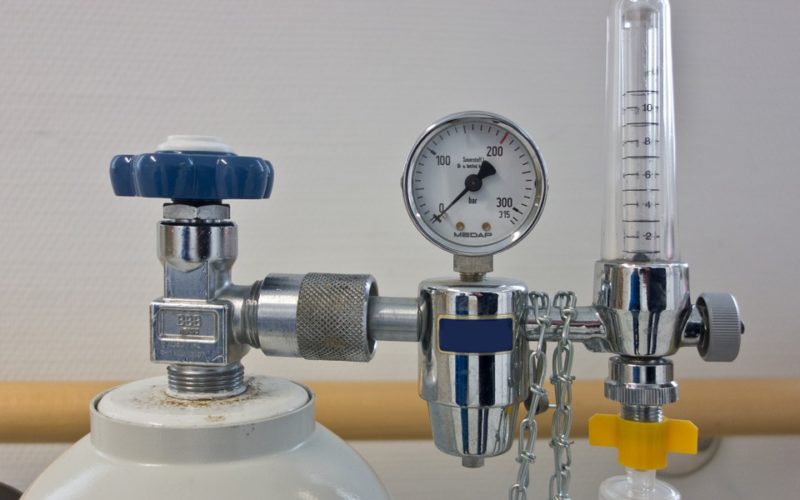Are you considering taking a course in science, but aren't sure if it's the right choice? Science is an incredibly important topic and having a foundation of knowledge in this field can be very beneficial.
A nursing course can help build your understanding of the scientific process, introduce you to critical thinking skills, and give you valuable knowledge that is applicable not only for nursing but also your everyday life.
From learning about disease prevention methods to studying anatomy, there are endless benefits to taking a course in science with a focus on nursing, all resulting in increased confidence and readiness when stepping into the healthcare world.
Nursing courses
If you're interested in healthcare and helping others, nursing may be the perfect career path for you. Nursing courses offer a comprehensive education in patient care and medical practices, and can lead to a fulfilling career in the healthcare industry.
Whether you choose to work in a hospital, nursing home, or other healthcare setting, a nursing career can offer a sense of purpose and the opportunity to make a difference in people's lives. In addition to personal fulfilment, there are many other benefits to taking nursing courses. Nurses are in high demand, and job opportunities are plentiful.
They also receive competitive salaries and benefits, as well as opportunities for professional growth and development. So if you're looking for a meaningful and rewarding career, consider exploring the world of nursing.
Benefits of having a science academic background for nursing
Having a science academic background can greatly benefit those interested in pursuing a career in nursing. As a nurse, understanding the scientific principles behind patient care is essential.
From anatomy and pharmacology to microbiology and chemistry, having a foundation in science can provide nurses with the knowledge needed to make informed decisions when it comes to patient care.
Additionally, a science background can help nurses to better understand the latest scientific advancements in their field. Ultimately, this knowledge can lead to improved patient outcomes and a more rewarding career. Whether you're just starting out in your nursing education or looking to further your existing knowledge, having a science academic background can be a valuable asset.
Different types of specialist courses
If you're already a registered nurse, you might be wondering how you can take your career to the next level and specialise in a particular field. One way to do this is by exploring the different types of courses that are available to you.
For example, you could look into courses that focus on paediatric nursing, mental health nursing, or critical care nursing. Each of these areas requires a specific set of skills and knowledge, and by completing a course in your chosen field, you can demonstrate to potential employers that you have a deeper understanding of your specialisation.
Plus, you'll get the chance to work alongside other professionals who share your interests and passions, and gain valuable insights into the latest developments and trends in your field.
So if you're ready to dive deeper into the nursing profession and expand your skillset, consider exploring the different types of courses that could help you achieve your goals.
ECG training
Electrocardiogram (ECG) training is a specialised course designed to help healthcare professionals gain a thorough understanding of how the heart functions. ECGs are a common diagnostic tool used to monitor and record the electrical activity of the heart, and an ECG course will teach you how to interpret these readings accurately.
By taking an ECG training course, you will learn about the different electrocardiography techniques, the anatomy and physiology of the heart, the various types of heart rhythms and arrhythmias, and how to recognize them on an ECG reading.
This knowledge is essential for healthcare providers because it enables them to identify any cardiac abnormalities, take appropriate action, and provide effective treatment to their patients. ECG training is an invaluable resource for any healthcare professional looking to improve their knowledge and skills in the field of cardiology.
HCA training
As a nurse, seeking continuous training and education throughout your career can help you to broaden your knowledge and improve your skills. One of the training programs you can consider is the Health Care Assistant (HCA) Training.
HCA training is designed to equip healthcare professionals with the necessary skills to take care of individuals who need assistance with their daily activities and personal care. By undergoing this training, you can learn how to effectively communicate with patients from diverse backgrounds, administer medication, and provide palliative care.
With the skills gained from HCA training, you can expand your job opportunities and be able to offer higher levels of care to your patients. Additionally, you can improve your personal and professional growth, as well as your financial stability.
Preoperative assessment courses
If you're working in the medical field, there's a good chance that you already know about the importance of preoperative assessment. But did you know that there are courses specifically designed to help you improve your skills in this area?
Preoperative assessment courses can be incredibly beneficial for healthcare professionals, from nurses to surgeons. These courses cover topics such as physical assessment, anesthesia, and risk factors, and they can help you ensure that your patients are adequately prepared for their surgeries. Not only will this make your job easier, but it will also contribute to better patient outcomes.
By investing in your education and skills, you can take your career to the next level and become an even more valuable member of the healthcare team.


















